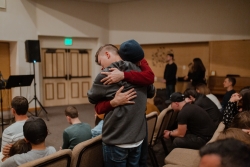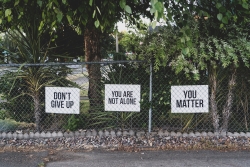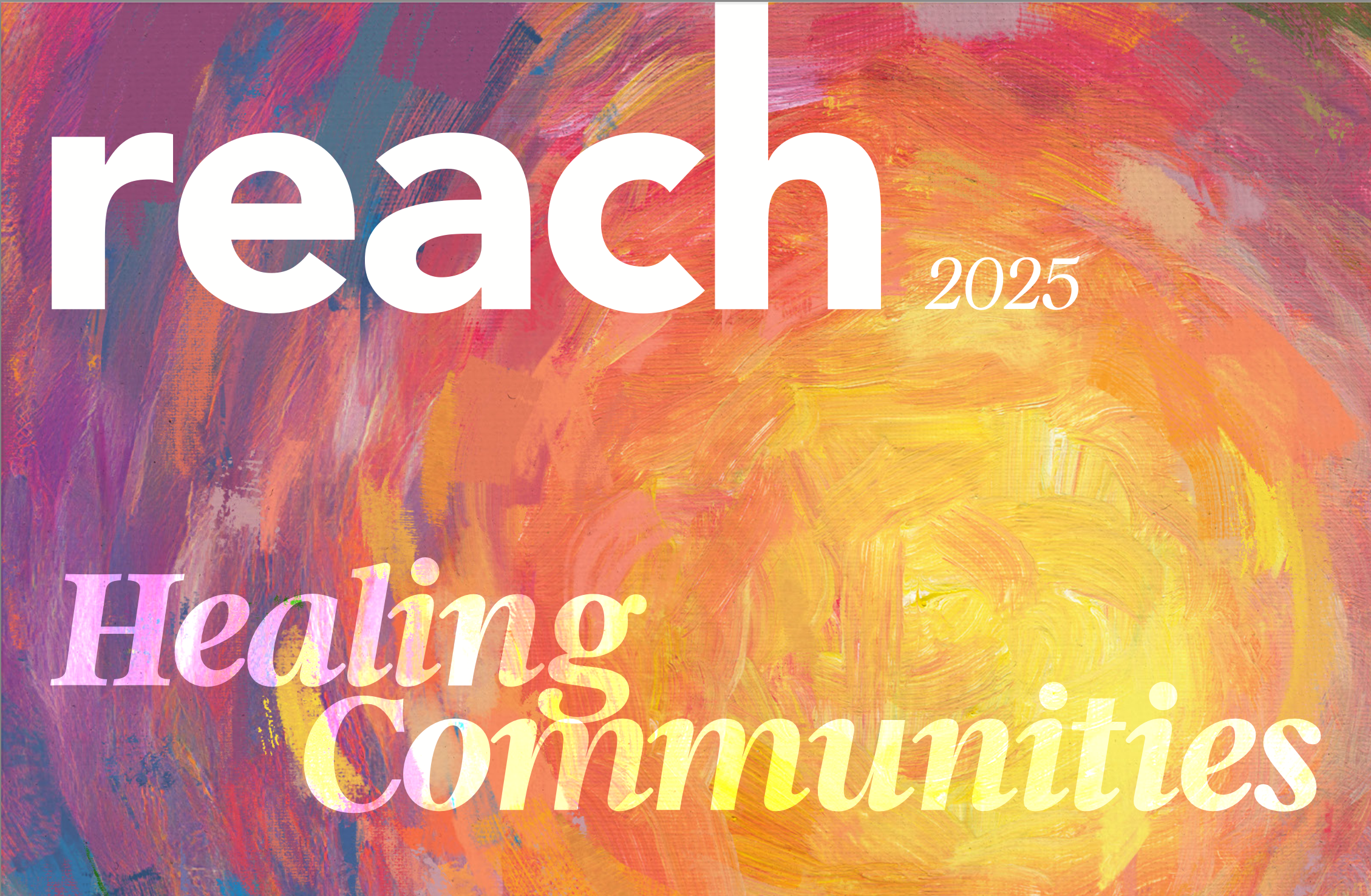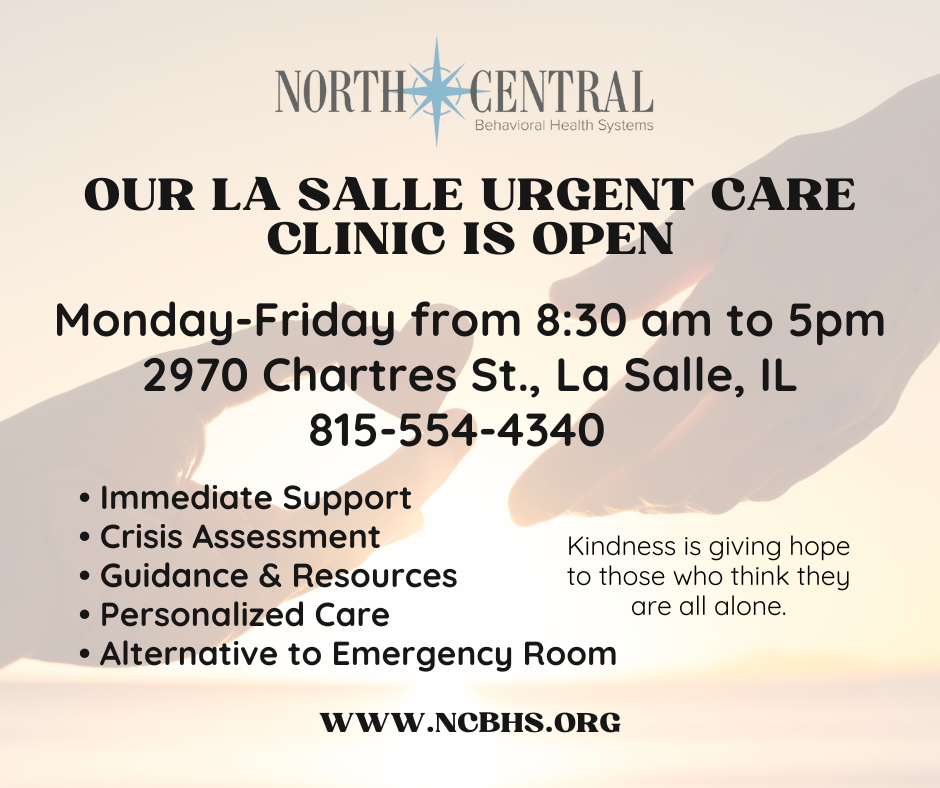The Importance of Self-Care and Mental Health
Stress, anxiety, and depression—these are all real problems that millions of people deal with on a daily basis. Whether you’re dealing with these issues yourself or know someone who is, one of the best ways to get through them is by practicing self-care. The following five self-care tips will help you reach your physical and mental health goals while alleviating some of the effects of stress, anxiety, and depression in your life.







